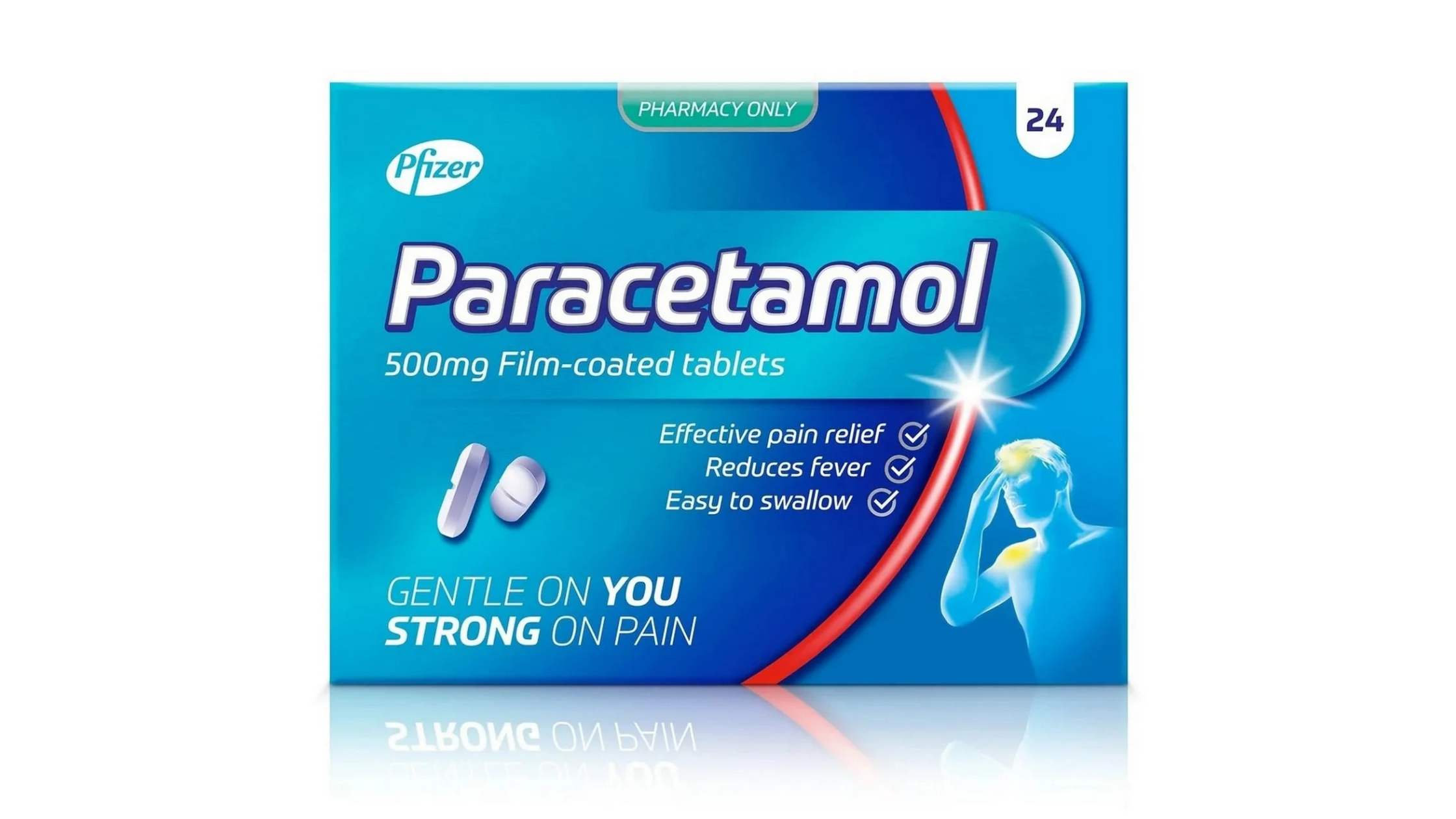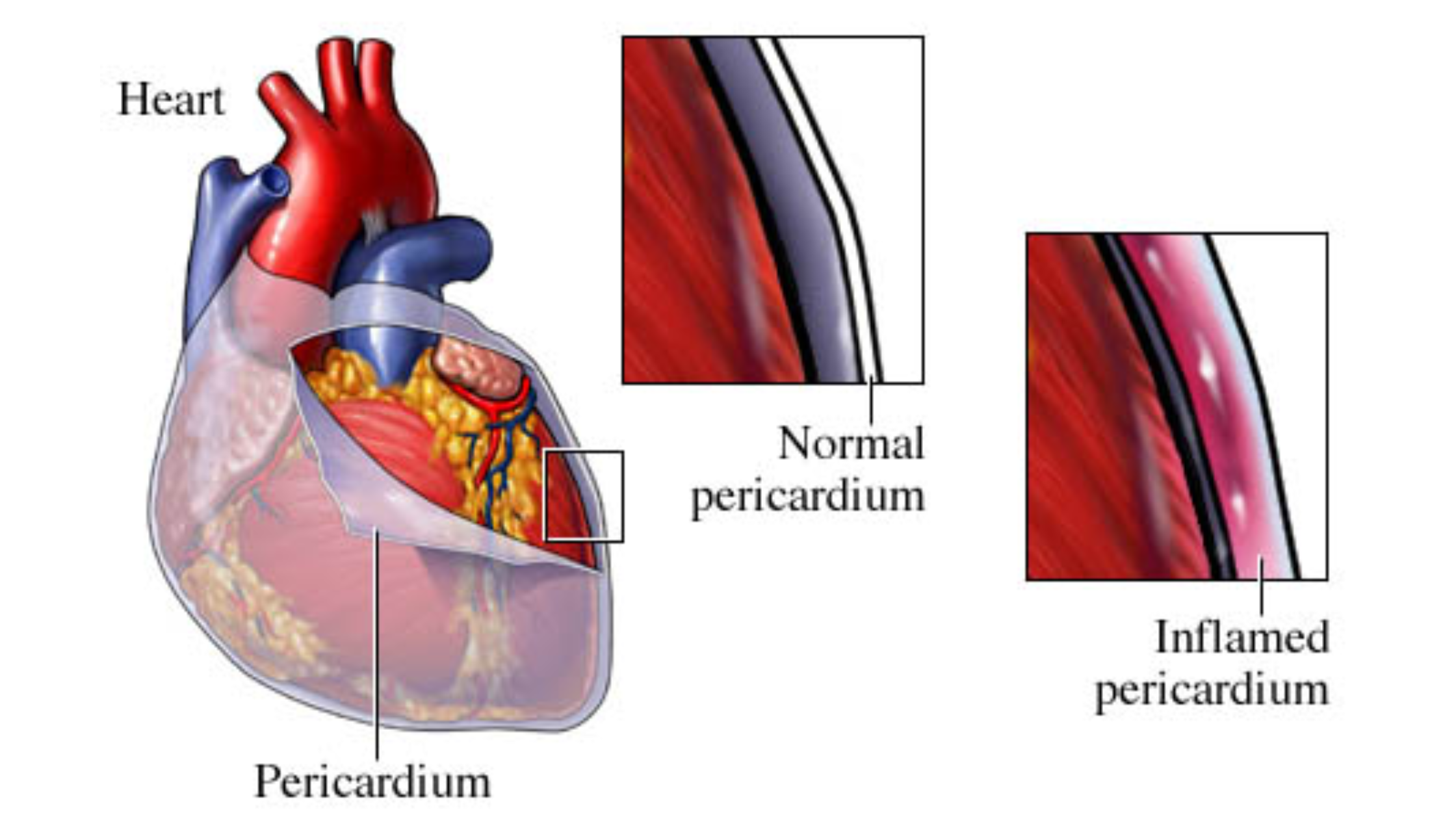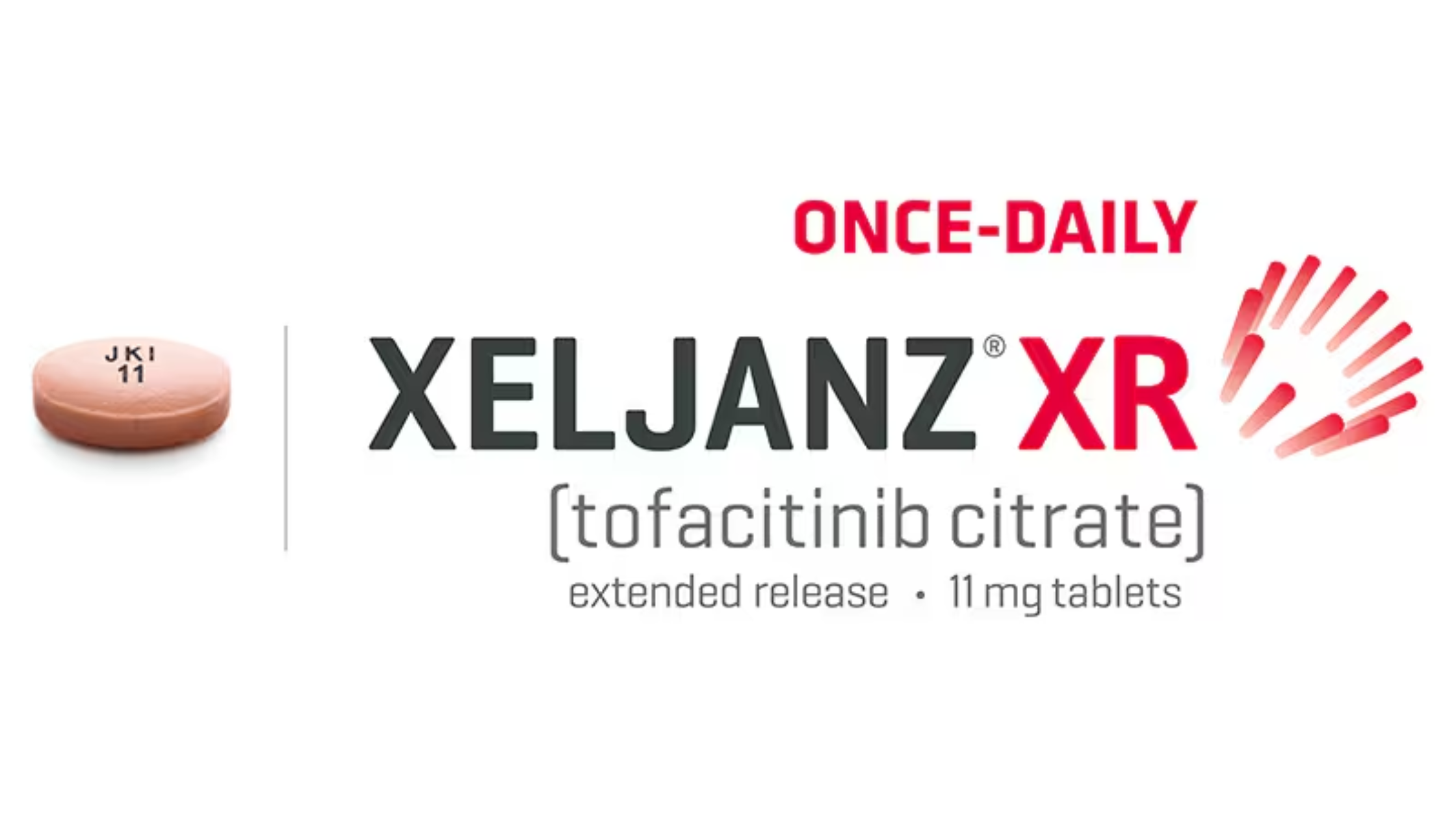What pain reliever can I take with Entresto? Discover why acetaminophen or paracetamol is the best painkiller to take with Entresto.
If you’re managing heart failure with Entresto and need pain relief, it’s important to choose a medication that works effectively without interfering with your heart treatment. The good news is — there is a preferred, safe pain reliever you can take with Entresto. This article focuses solely on what that option is, how it works, and when to use it.
The Pain Reliever You Can Safely Take with Entresto
Acetaminophen (Paracetamol)
Acetaminophen is the recommended pain reliever for individuals taking Entresto(According to GoodRX).
- Why? It’s effective for managing headaches, mild to moderate muscle aches, joint pain, back pain, and fever without negatively affecting blood pressure, heart function, or kidney health when used correctly.
- How It Works: Acetaminophen acts on the brain’s pain and temperature-regulating centers without interfering with cardiovascular or renal systems, making it the safest first-line option in heart failure management protocols alongside Entresto.
- Brand Names: Tylenol, Panadol, Dafalgan
How to Use Acetaminophen with Entresto
- Standard Adult Dose: 500 mg to 1,000 mg every 4–6 hours as needed
- Maximum Daily Dose: Do not exceed 3,000 mg to 4,000 mg in 24 hours
- When to Take: With or without food, as it has no significant interactions with Entresto absorption or effectiveness
When to Use Acetaminophen
Acetaminophen is suitable for relieving:
- Headaches
- Mild muscle or joint pain
- Mild to moderate toothache
- Back pain
- Menstrual cramps
- Fever
If the pain persists or becomes severe, consult your doctor for appropriate adjustments or additional treatment options.
| Question | Answer |
|---|---|
| What pain reliever can I take with Entresto? | Acetaminophen (Paracetamol) |
| Why is it preferred? | Safe on blood pressure, heart, and kidneys |
| Recommended brands? | Tylenol, Panadol, Dafalgan |
| Max daily dose? | 3,000–4,000 mg |
The only recommended over-the-counter pain reliever you should take with Entresto is Acetaminophen. It’s effective, widely available, and approved by cardiologists and pharmacists for patients managing heart failure while preserving heart and kidney health.
For ongoing or severe pain, always consult your doctor for tailored guidance, but for everyday aches, headaches, or fever, acetaminophen remains your safest, go-to option. For more information, consult the Medical Antidote.




